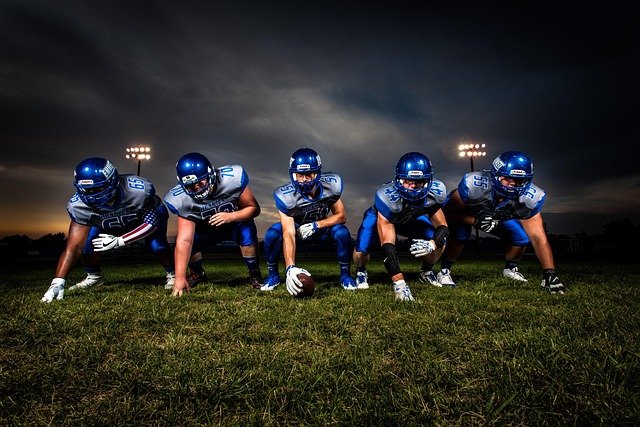Rethinking Training: The Role of Sleep in Athletic Performance
The arena of sports has always been a hotbed of innovation, with athletes constantly seeking new ways to gain the upper edge. But one area that has recently started to gain recognition for its pivotal role in performance is a basic human necessity—sleep. Sleep, long sidelined as a passive recovery period, is now being explored for its active role in sports performance and training outcomes. This article dives deep into the realm of sleep, its impact on an athlete's performance, and its potential as a tool for training optimization.

The Underrated Powerhouse: Historical Context and Key Developments
Sleep has been a part of human life since the dawn of time, but its importance in the sports arena has only recently gained limelight. In the past, athletes were often known to sacrifice sleep for additional training hours. However, a paradigm shift occurred when research began highlighting the detrimental effects of sleep deprivation on performance. This led to an increased emphasis on sleep, propelling it from the sidelines to the core of athletic training.
Sleep and Sports: Current Trends and Insights
A host of recent studies have painted a vivid picture of the importance of sleep in sports. Foremost among these is the recognition that sleep plays a crucial role in recovery and performance enhancement. It aids in muscle repair, cognitive function, and hormonal balance, all of which are key for optimal performance. Moreover, sleep deprivation has been linked to decreased reaction times, increased injury rates, and even decreased career longevity. These findings have led to a growing trend among athletes to prioritize sleep as a part of their training regime.
Sleep: The Ultimate Training Tool
Sleep can be a potent tool in an athlete’s arsenal, offering numerous benefits. To start with, sleep enhances physical recovery by promoting muscle regeneration and growth. It also bolsters cognitive functions such as memory, learning, and decision-making, which are crucial in sports. Furthermore, sleep helps maintain a healthy hormonal balance, which is key for recovery and performance. That said, integrating sleep into a training regimen is not without challenges. It requires a structured approach, a consistent sleep schedule, and an understanding of one’s sleep needs.
Research-Backed Facts: Unveiling the Science Behind Sleep and Sports
The claims about sleep’s role in sports are not mere conjecture; they are backed by a wealth of research. Studies have shown that athletes who sleep less than 8 hours per night have a 1.7 times greater risk of getting injured. Other research has demonstrated that extended sleep can enhance athletic performance, including sprint times and shooting accuracy. This body of evidence underscores the importance of incorporating sleep into a training regimen.
Simplifying the Complex: Making Sleep Approachable for Athletes
While the science behind sleep and sports may seem complex, it can be distilled into simple, practical steps. First, prioritize sleep by aiming for 7-9 hours per night. Second, create a consistent sleep schedule, going to bed and waking up at the same time daily. Lastly, create a sleep-friendly environment, ensuring the room is dark, quiet, and at a comfortable temperature. Implementing these steps can help athletes leverage the power of sleep for enhanced performance.
In conclusion, sleep, once an overlooked aspect of training, has emerged as a potent tool for athletic performance. By understanding its benefits and incorporating it into their regimen, athletes can unlock their full potential, setting new records on the sports field. So, the next time you think about training, remember—the road to peak performance may just start with a good night’s sleep.




